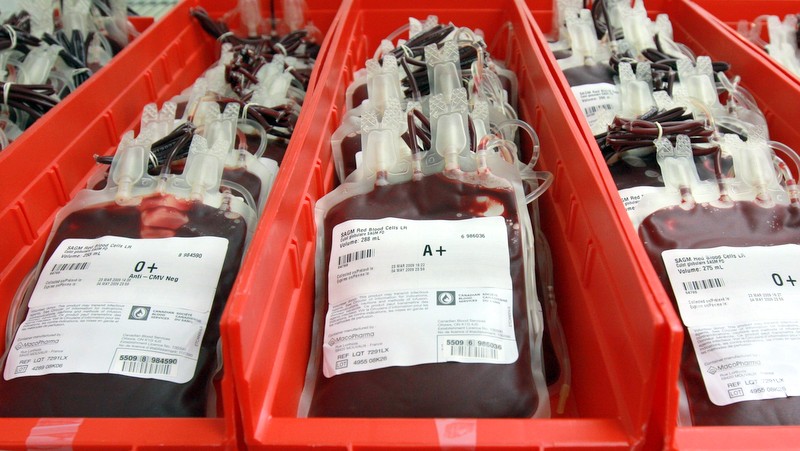Blood Bank
Blood Bank

Department details

Working Days/Time:
Location:
Blood donation is when a healthy person voluntarily has his or her blood drawn for the purpose of transfusion.
The blood bank’s service during blood donations aims at protecting the health of the donor as well as the patient.
To protect the donor’s health he/she is asked a few questions about his/her health. The answers help to decide whether he/she can donate blood or not. The information is kept confidential.
Dept Units
Divisions of the blood bank
Blood Donor Program Organizer
- Sensitization
- Donor Recruitment
- Program Organizer
- Organizing Mobile Sessions
- Organizing Outreach Session
Blood Bank Laboratory: Services
- Blood Grouping
- Blood Cross Matching
- Blood Product Preparation
- Hepatitis B Testing
- Hepatitis C Testing
- Direct Antihuman Globulin Test
- Indirect Antihuman Globulin Test
Blood Bank Nursing Division: Services
- Donor Assessments
- Pre donation counselling
- Blood donation
- Post donation counselling
- Mobile Session/Outreach
- Referrals
Frequently Asked Questions And Their Answers;
1. Why should I give blood ‘freely’ only for you to collect processing fee/sell my blood?
ANS:– Blood is priceless and the Blood bank never sells your blood. The blood that you donate is only a raw material and not in a usable form. After the donation, it is processed to make sure it is safe and in a usable form. Processing your blood from the raw material into its usable form comes at a cost, known as ‘processing fee’, currently subsidized, is paid by the one who actually receives your blood, which is not covered under the NHIS.
2. Why am I asked to replace the blood I receive, even after paying the processing fee?
ANS:– There is not enough blood because we have low numbers of voluntary unpaid blood donors who give blood regularly. Asking patients to replace is a stop-gap to ensure that we meet the high demands for blood. However, if more people donate blood voluntarily and regularly, the blood bank will have enough blood and patient’s relatives will not be required to replace transfused blood.
3. At what age can I give blood?
ANS: you can donate blood if you are between 17 – 60 years.
4. Why is one not allowed to donate blood before 17 years?
ANS: Below 17 years your body has probably stored enough iron which is used to make hemoglobin (Hb) for yourself, but not in excess to donate blood.
5. How often can I donate blood?
ANS: You can safely donate blood once every four (4) months.
6. Is donating blood painful?
ANS: The feeling of the needle going through the skin might be uncomfortable. After that, you do not feel anything.
7. But what if I don’t have enough blood?
ANS: Before being allowed to donate blood, a brief medical screening is done to determine whether you have enough blood for yourself, and to be able to donate. If you do not have enough blood to donate, it will be detected during the screening and you will be temporarily deferred. You will also be given free counselling and rescheduled to come back at a later date.
8. I have heard of people fainting after giving blood. Is that common?
ANS: This happens very rarely. The common reasons are;
- Over anxious in donating blood
- Not taking in any meal before donating blood
- Not taking enough fluids before, during and after donating blood.
- Rushing to get up, immediately after donating blood.
Caution!!!
It is important to rest a while on the bed or stretcher for a while before, getting up.
Emergency Cases
Please feel free to contact our friendly reception staff with any general or medical enquiries.
(+233)559811031
Emergency Cases
Please feel free to contact our friendly reception staff with any general or medical enquiries.
(+233)559811207
